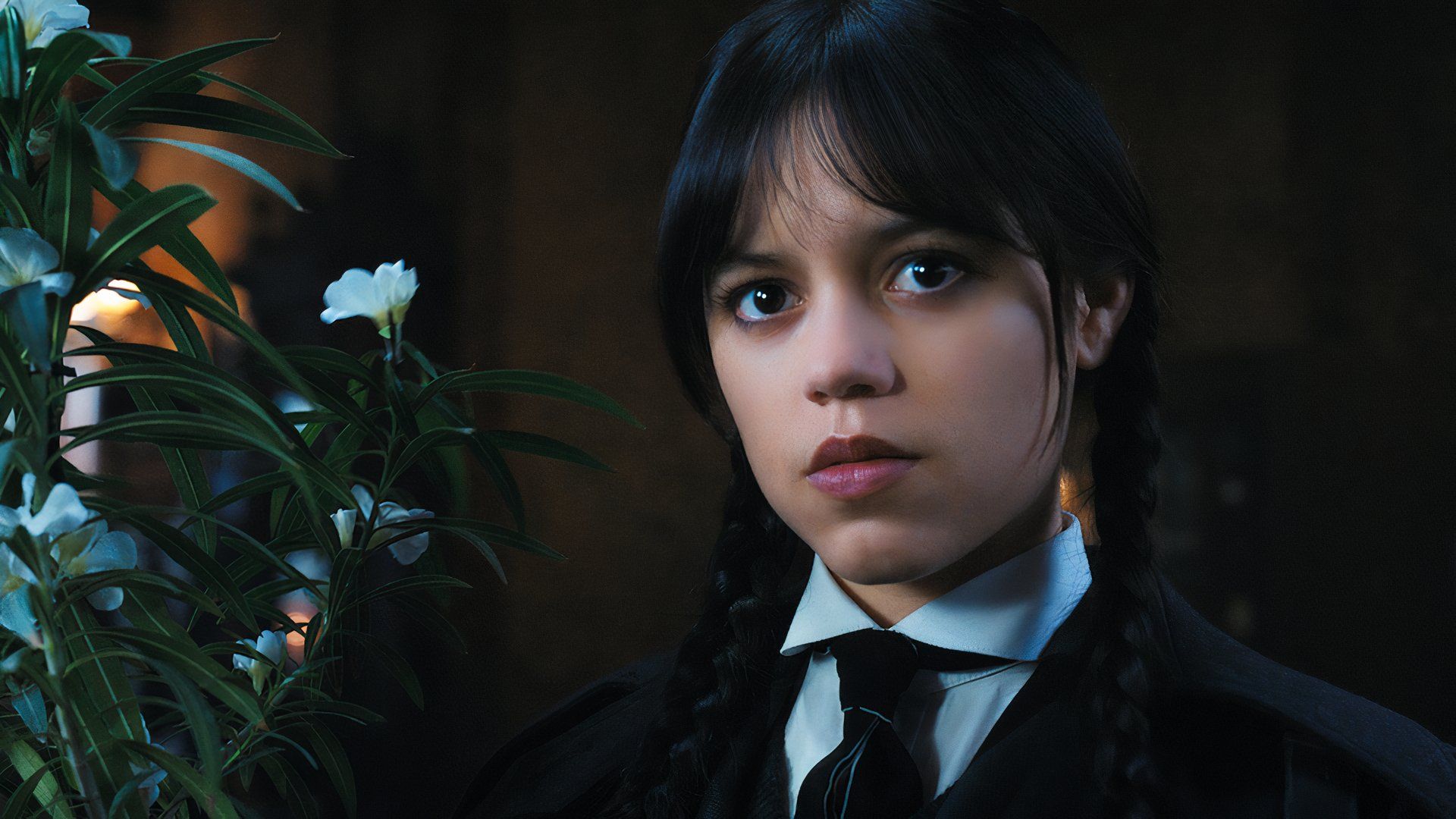
According to Deadline, Gough and Millar will be executive producers on the project, alongside Jennifer Yuh Nelson, who directed episodes of Netflix’s Love, Death + Robots. Aaron Schmidt joins as an executive producer through Millar/Gough Ink, and Stephen Christy and Adam Yoelin will executive produce for Boom! Studios. Mette Norkjaer will co-executive produce with Phillips and Flaviano, the creators of the original comic book series. That series launched in 2022 and quickly became popular, running for 25 successful issues before concluding earlier this month.









